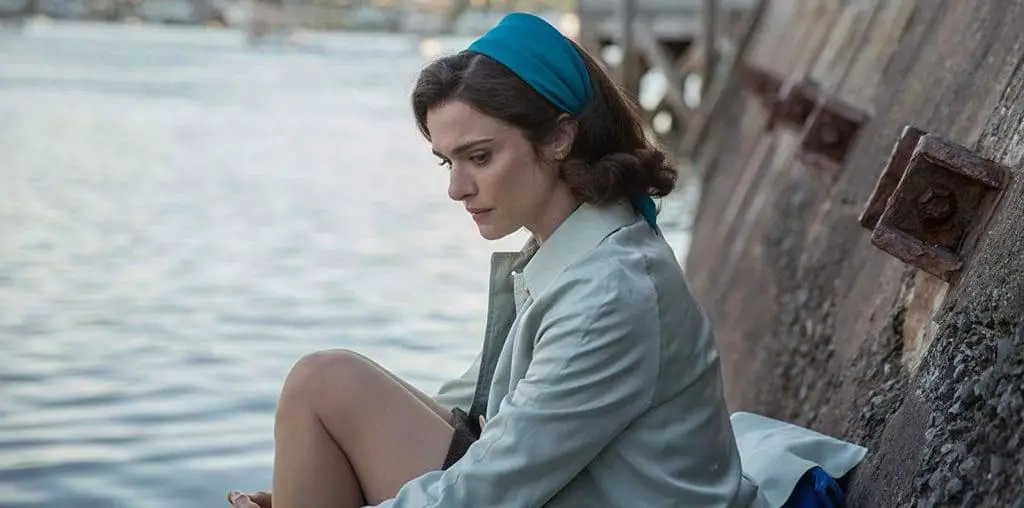
In his 1967 landmark, “Weekend,” Jean Luc Godard annoyed some and awed others with one of the most famous shots in film history: a ten-minute long pan of an enormous traffic jam. As the camera slowly tracks sideways through the French countryside, we see people having picnics, playing music, fighting to the death…you name it.
35 years later, Sean Kinney and Ross Martin’s “Rubbernecking,” has essentially the same idea as that famous shot from “Weekend.” It’s no homage. Where Godard’s infamous ten minutes was one of the highlights of the harshest possible satire on consumerist society, Kinney and Martin’s aim is to execute some fairly broad humor and a little pathos.
The pathos works somewhat better than the rest, but this virtually laugh-free comedy about an extended traffic jam and how it affects the lives of those caught in it, keeps trying to entertain and ennoble. Unfortunately, the result is less edifying than being caught in an actual traffic jam. At least in real life you can always switch on public radio.
Part (but by no means all) of the problem is that “Rubbernecking” was filmed in three separate shoots, over three years, on three separate formats (35mm film, high definition video and digi-Beta). The difference is jarring even on home video, and must be horrifying on the big screen. Worse, the entire project feels like a failed short subject that the filmmakers couldn’t bring themselves to abandon, and they try in vain to save their project by adding more and more stories, more and more bad jokes until finally achieving a zany feature-length meltdown.
The shot-on-film material consists of the two most effective and, not coincidentally, most serious stories. One features Corbin Bernson (“L.A. Law,” “Major League”) as a harried businessman who undergoes a breakdown as the jam forces him to the realization that he’s neglecting his family. The other involves a married couple (Debra Wilson and Arye Gross) whose obvious love for each other is complicated by endless bickering and cutting remarks. These segments work better than anything else in the film, largely because of the professionalism of these three actors. Debra Wilson of “Mad TV” is a particular stand-out, bringing a level of emotional reality to the proceedings that they don’t really deserve. And, though I might be tempted to make snotty remarks at the expense of the careers of Gross and Bernson, that would be wrong. Actually, their hard-earned acting chops help make their scenes far more bearable than the remainder of the film.
Unfortunately, that “remainder” is about an hour of pure cinema hell, with a host of unfunny and uninteresting stories thrown at us in the hopes that something will stick. Among the worst of these is a segment involving a cell-phone flirtation between an attractive young woman played by Debra Wilson (of “Xena, Warrior Princess” fame) and a prospective Romeo (Kent Toussaint). The romantic-comedy writing here is sub-sub-Nora Ephron, and the less said about the acting, well, the better for everyone. Sorry, “Xena” fans.
I could go on about the many, many, unfunny, uninteresting and obnoxious subplots and the many, many unknown actors defeated by weak material; or I could harp on the annoying background music that occasionally tells us “this is a funny scene” or “this is a sad scene” — but, like a bad movie, a bad traffic jam, and even a bad review, sometimes the best strategy is just to shut up and know that soon it will all be over.
